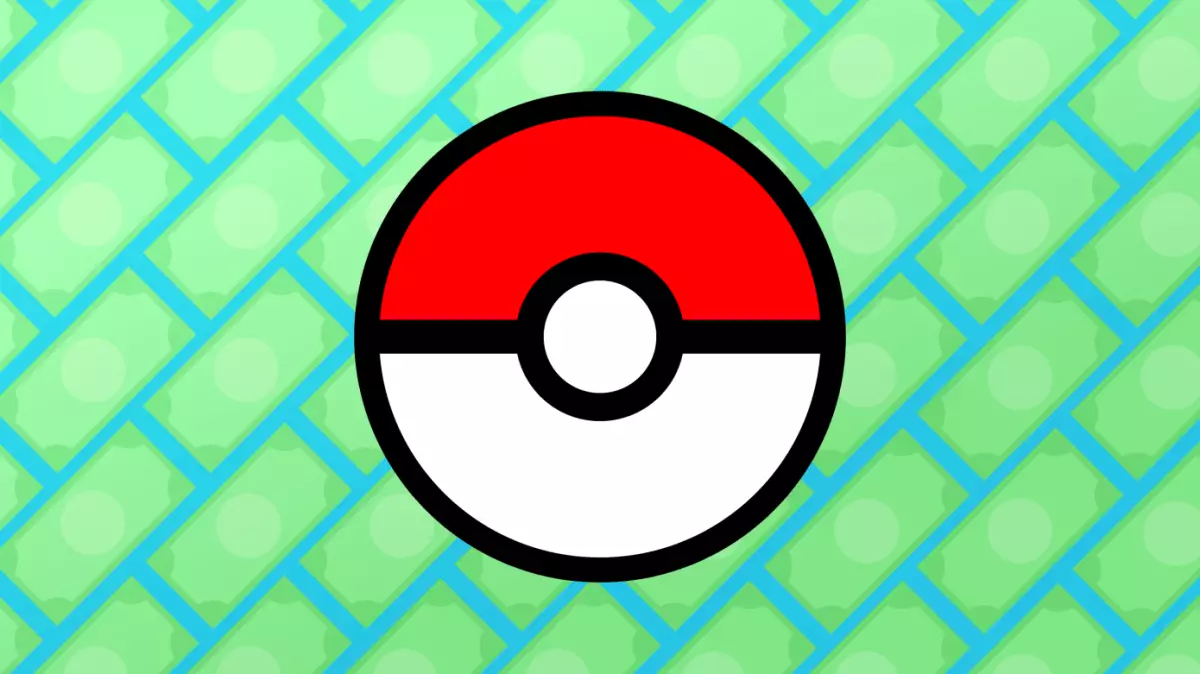In an unexpected twist in the landscape of artificial intelligence testing, Anthropic has taken a nostalgic route to benchmark its latest model, Claude 3.7 Sonnet, through the classic Game Boy title, Pokémon Red. This innovative venture aims to assess the model’s capabilities in a playful yet revealing context, showcasing how AI can navigate virtual worlds designed within the parameters of 1990s gaming. By embedding basic functionality that mimics user interactions—such as memory for storing information, pixel input for screen interpretation, and on-screen button presses—the model engages in gameplay, effectively turning the nostalgic game into a modern testing ground for AI reasoning skills.
What sets Claude 3.7 Sonnet apart from its predecessor, Claude 3.0 Sonnet, is its novel feature dubbed “extended thinking.” This mechanism allows it to process complex problems over a more extended period, utilizing increased computational resources to delve deeper into challenges. The ability to think through scenarios is not merely a gimmick but could signify a meaningful evolution in AI development. In direct comparison, while Claude 3.0 struggled to navigate past the initial confines of Pallet Town, Claude 3.7 achieved significant progress by battling three gym leaders and acquiring their badges. This advancement demonstrates a tangible leap in the model’s gameplay acumen, underscoring advancements in AI’s thought processes and decision-making.
Despite the whimsical nature of using Pokémon Red as a metric for performance, such endeavors illuminate a broader trend in AI testing methodologies. Historically, video games have served as fun yet effective benchmarks for gauging AI capabilities, providing a controlled environment for evaluation. Recently, a surge of new platforms has emerged, testing AI’s prowess across various gaming landscapes, from the elaborate battles of Street Fighter to the creativity required for Pictionary. This not only facilitates a deeper insight into the capabilities of complex AI systems but also frames these models within the context of relatable, interactive experiences that many individuals can understand.
The Future of AI and Gaming
As technological advancements continue to blur the lines between human-like reasoning and machine learning, the use of gaming as a benchmarking tool may pave the way for the next generation of AI development. While gaming scenarios like Pokémon Red present a somewhat simplistic perspective, they provide a foundation for scrutinizing how machines learn, adapt, and apply knowledge dynamically. As developers and researchers delve into these realms, it will be fascinating to observe how future iterations of models like Claude adapt, evolve, and perhaps even redefine what AI can achieve in both virtual landscapes and real-world applications.
As Anthropic showcases this unique approach to AI benchmarking, it reinvigorates discussions around the meaningful evaluation of artificial intelligence through entertaining and familiar frameworks. While Pokémon Red may seem trivial at first glance, it is a reminder that sometimes the most effective learning experiences can come from the playful intricacies of our collective past.

